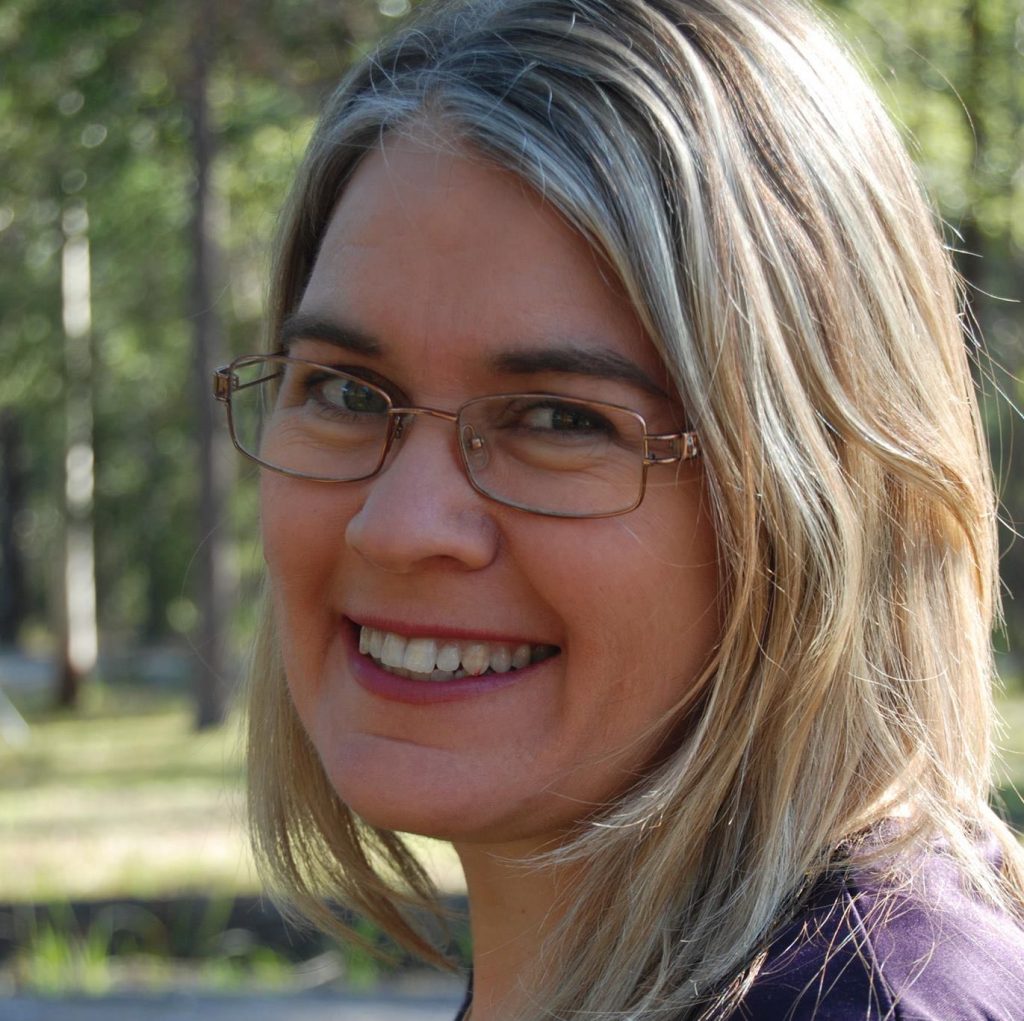A Writing Plan Can Help Your Novel Get Started… and Finished!
Making time for writing is one of the biggest challenges of beginner writers, often because to do so means juggling an already full schedule. Jobs, family obligations, or the myriad of other routines in our lives all compete with writing time – but that doesn’t mean you should give up on the dream of writing a book. You just have to figure out a plan to make it happen, and then stick with it. Everyone’s lives are unique, which means the details of your writing plan will be different than those of someone else – but that’s okay. The point of the plan isn’t so much the details, but how it helps you focus and keeps you from being overwhelmed. To that end, author Tracy Brenton shares her story of how she started writing and the details of the plan that led to her success. Maybe it can help inspire you to creating yours.
“What do you do that’s just for you?”
A friend asked me this question four years ago and it was pretty embarrassing because I came up blank. I was working for myself running my Accounting business which meant long hours, six and often seven days a week. My phone was always on, I took work home, was stressed out and under pressure. My husband and kids didn’t see a whole lot of me – even if I was there my mind was on work. And me time? It just didn’t happen.
I knew that I needed more balance in my life, starting with finding myself a hobby. But how could I do that when I had no time? I was too busy! I was working myself into an early grave and I knew that something had to change. I needed to set some boundaries.
I started by finishing work ‘early’ (five o’clock) two afternoons a week. I also committed to Sundays off, and to leave the work at the office even if it meant going in on a Saturday. (To achieve this I had to learn to delegate more and stop being such a control freak, but that’s a whole other story).
I tried a lot of different things. Yoga – turns out I’m just not that bendy (although I still try intermittently). Dragon Boat racing – loved it but injured myself. Gym – couldn’t stick with it. Photography – I still do that, using my iPhone. And I revisited the things I loved doing when I was young which included a dream to write a book. I didn’t have the first clue about how to go about it but decided to do a writing course with the Australian Writers Centre to see if I still enjoyed writing. I did. Out of all the things I tried, writing was the thing that stuck.
On my birthday in May 2014 I set myself a goal to finish the first draft of my book. I gave myself twelve months, just to see if I could.
The punch line is – I did it. I finished my book, all 60,000 words, while working six days a week and in the process discovered that I love writing. I feel like I’ve found my thing. Which is kind of funny, given my profession is with numbers not words.
But what you really want to know is how I did it – so here’s my step by step writing plan. This is aimed at the complete beginner, like I was when I started, so if you’ve got some experience you can probably skip some of the steps.
1. Set a goal.
I had always wanted to write a book and I reached a point where it was now or never. I figured it would take a year to write, a year to polish, and a year to get it published. So if I wanted to get it done before the big milestone birthday I needed to get started.
2. Take a course and learn how.
I had a few ideas running around in my head screaming to be let out. I wrote them down, picked the one I liked best and started writing. It was great! But then I got stuck, I didn’t really know where the story should go after my initial ideas ran out. I was about 10,000 words in at this point. I had some great scenes and I loved my characters. They were all getting on brilliantly and I had found my ‘voice’. But the story was going nowhere (hint – there was no conflict). This was the start of my learning curve and led me to my first writing course.
The three month online course I did with the Australian Writers Centre (AWC) was fantastic. I went on to do more courses with AWC and I don’t think I’ll ever stop learning.
3. Join a writing group.
I found my group through the Australian Writers Centre.
We submitted an exercise each month for feedback (to give and receive) and I used scenes from my work in progress. Often the writing group exercises led me to writing something entirely new that just happened to fit into my story to make it better.
4. Write every day?
Only if that’s what works for you. But no matter what, you do need to plan your writing sessions.
Write every day is classic writing advice. But it doesn’t work for everyone. It certainly didn’t work for me! I was working a full time job as the main employee in my business (I only had part time staff), then working another ten hours a week (at least) being the boss, the marketer, and doing the paperwork. My office hours were 8am to 6pm weekdays and 10am to 4pm Saturday’s (my ‘sleep in’ day). I’d pay the bills at night and spend Saturday’s doing the admin jobs like getting letters out to clients, invoicing, and reconciling the bank. Plus catch up on any jobs that didn’t get finished during the week.
My writing time plan.
Once I decided to get my book written I planned my writing sessions. Two afternoons a week I’d finish work at 5pm and go home and write for one to two hours, no matter what. I also planned for Sunday afternoons to be writing time. I was aiming for five hours a week and anything else was a bonus.
5. Plan it out and stick to your plan.
I knew how many words I needed to write and laid out my outline in Scrivener chapters. This might not work if you’re a ‘pantser’, but even pantsers should know how many words or pages they need to finish their book.
Break it down to the number of words a month you need to do to get finished on time and make sure you do it. If I had a Sunday ‘off’ I’d make it up the next weekend. Mainly I wrote in order, however the first thing I did was write a brief outline at the start of each chapter about what needed to happen. Then I’d write the scene. If something I wrote today effected a future (or past) chapter I’d go to the notes section and write it down. This was useful because it took me nearly a year to write the book and some of the important details from the start got a bit hazy six or eight months later when I needed to refer back to them!
On days when I needed a break, or the scene wouldn’t flow, I’d skip ahead to one that appealed and write that instead.
It sounds simple and it is, but it isn’t. Setting goals is easy. Sticking to the plan to achieve them requires focus and dedication.
But I did it, and you can too.
I’ve since sold my business and found myself a job with a Not For Profit. Still accounting, but I can leave work at 5pm everyday and I have weekends off. Bliss!
After I finished my first book I decided to see if I could do it again, but quicker. This was after I restructured my life to create more time, which took a year or so. For my second book I did write every day. But only because I could. That second book, Spark, is the one I challenged myself to have published by my milestone birthday in May this year. And I did it. It took six months from start to finish, including edits and revisions.
You can do anything you set out to do, I really believe that.
I also believe everyone should find their thing. You need to have something that you do that’s just for you.
So what’s your thing? What’s your something for you?
Because you’ve got one life. Create the space to ‘do you’. I know you’re going to be amazing.












6 Comments